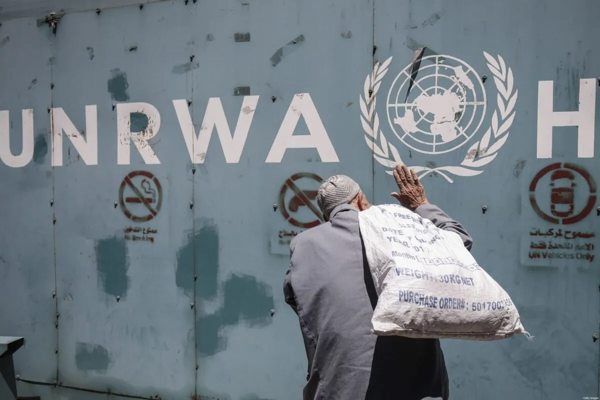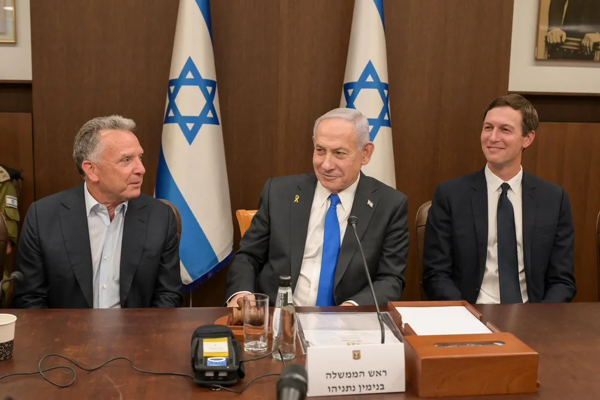Israeli Prime Minister Benjamin Netanyahu stated that the attack launched against Iran in the early hours of Saturday had a significant impact on the defensive capabilities of the Persian country and its ability to develop missiles. Netanyahu described the attack as "precise and powerful, achieving all its objectives," during a ceremony commemorating Israeli soldiers who died in the war in Gaza.
Saturday's attack was a response to the launch of around 180 missiles by Iran in early October, resulting in the death of four Israeli soldiers and damage to some radars. This is the first time Israel publicly admits to having attacked Iran, although there have been previous operations that were not officially acknowledged as reprisals.
In reference to the situation, Netanyahu stated: "The regime must understand something very simple. Whoever harms us, we will harm them." The President of Israel, Isaac Herzog, emphasized that the critical objective that has not yet been achieved is the rescue of Israeli citizens held in the Gaza Strip.
Defense Minister Yoav Gallant mentioned the need to make "painful concessions" to achieve the return of the hostages. He also highlighted that Hamas no longer operates as a militia and that Hezbollah has suffered significant blows following Israeli bombings in Lebanon in recent weeks.
Subsequently, during a ceremony in memory of civilians killed in the Hamas attacks in October, protesters interrupted Netanyahu's speech to remember those who lost their lives and express their discontent.
On the other hand, the head of Mossad, David Barnea, is in Qatar to participate in negotiations regarding the exchange of hostages for Palestinian prisoners and the possibilities of reaching a ceasefire in Gaza. These talks are expected to address crucial issues for the region and the relationships among those involved.














